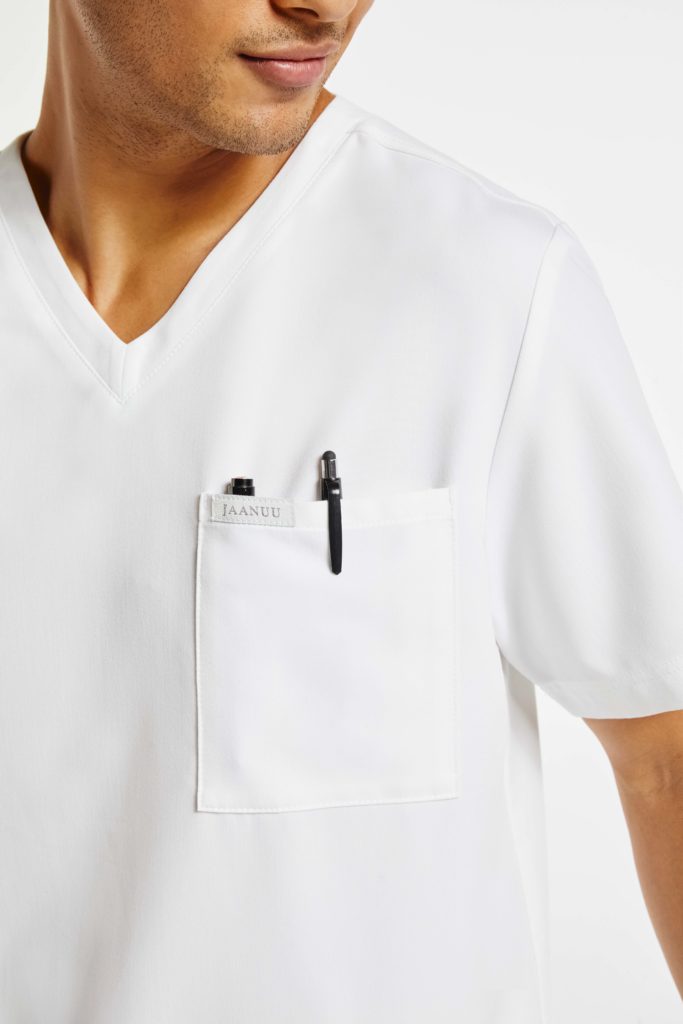
The Five Best Career Change Options for Nurses
Nursing careers are immensely gratifying, but the job is anything but easy. Nurses and other healthcare professionals are not only experts in patient care, but they also give from the heart, day in and day out. After some time, this emotional work can become exhausting for some. Add those 12-hour shifts to the mix, and it’s understandable why these and other factors could eventually lead to a sense of job dissatisfaction.
If you’ve found your way to this article, perhaps you’re beginning to feel like the cons of being a nurse outweigh the pros. If so, first things first: Don’t feel guilty! It’s completely normal to want a job that you fully love, one that allows you to grow professionally while feeling fulfilled personally. The good news is that all those years of nursing school won’t go to waste. You can easily put your nursing education and work experience to good use in a different environment.
Below, we’ll list roles into which you can smoothly transition as a registered nurse.
How do you know if it’s time for a career change from nursing?
So, you’ve had a string of rough days at work, but is it really time for a career change? Only you can decide whether taking a new path is best for you. Nevertheless, learning why others choose to make a nurse career change could help bolster your reasoning.
Stressful environment
It’s no secret that hospitals and other healthcare settings can be stressful. You’re working with patients in their time of need, and depending on the department you’re in, you may even be providing acute, emergency, or end-of-life care. Never underestimate the toll that this emotional labor takes on your own wellbeing.
Burnout
Burnout is real, and a high percentage of nurses experience it. If you find yourself not wanting to go to work in the morning or feel like your compassion reserves are running low, it’s not necessarily you, but rather the effects of your job. Taking time to recoup may help. If that doesn’t help and the roots of your burnout run deeper than you had expected, it may be time to consider a new line of work.
Health issues
When left unattended, burnout can lead to health issues like heart disease, headaches, diabetes and gastrointestinal problems. Add this to the fact that you’re on your feet all day and you may suffer from back and leg pain or swelling. If nursing is negatively affecting your physical health, you may want to consider whether this career is right for you.
Low pay
Many nursing roles pay well, but if you’re not making ends meet, you can always use your associate’s degree, bachelor’s degree, or master’s degree to embark upon a career in another field that’s more lucrative.
What other jobs can you do with a nursing degree?

Nurse educator
Put your clinical and interpersonal skills to work as a nurse educator, teaching others about your trade and guiding new nurse hopefuls through their practice. You may need to earn a Master of Science in Nursing (MSN) to hold this role, but an investment in your education can propel you to new career heights. The current average salary for nurse educators in the United States is $84,060 annually.
Home health nurse
Perhaps it’s not the job but simply a hectic work environment getting you down. If you’re a nurse or nurse practitioner who’s not ready to leave the clinical world altogether, you can provide palliative care for patients in their homes. The current average salary for home health nurses in the United States is around $73,000 annually.
Nutritionist
In this role, you’ll keep one foot in the field of medicine by helping patients reach their health and wellness goals. Plus, you’ll get to talk about food all day — and what more could anyone want out of a job? The current average salary for nutritionists in the United States is $65,000 annually.
Pharmaceutical sales representative
If money is a key factor in your career change, you might consider becoming a sales rep. You’ll put your pharmacological knowledge to work to promote medications, and you’ll stand to earn great commissions. The current average salary for pharmaceutical sales reps in the United States is $84,060 annually.
Nurse researcher
If you want to continue positively impacting patients without working in a hands-on clinical role, think about becoming a nurse researcher. You’ll conduct studies whose results will make widespread changes in healthcare. The current average salary for nurse researchers in the United States is $95,000 annually.
What do you need to consider before making a career change?
What skills do you have?
You have both innate and clinical skills that you’ve picked up as a nurse. Consider what you’re good at (and what you like doing) before jumping into a new field. If your strength is empathizing with patients, a home healthcare role could be right for you. If you have strong business sense and communication skills, perhaps the answer is to become a sales rep.

What would you like to do daily?
Yes, your long-term career goals are important, but if you’re feeling overwhelmed, start by looking at what gets you down on a daily basis. If it’s going to the hospital, consider a career option at a care facility outside of it. If it’s providing direct patient care, move to a non-clinical role.
What’s your educational level?
Going back to school is a big commitment, both in terms of time and finances. If you’re not sure it’s time to get a more advanced degree, like a Bachelor of Science in Nursing (BSN) or Master of Science in Nursing (MSN), stick to alternative career paths that you can do with the degree you have.
What’s your target salary?
If money is a driving factor in leaving your nursing career, be sure to consider your paygrade before you officially make the switch. Some roles will give you the opportunity to earn even more, which is a perk, but if you wind up earning less, make sure you do a bit of soul-searching to know it’ll be worth your while.
Our business may be centered on healthcare professionals, but even if you opt for a career change outside of the field of nursing, we’ll still have your back. No matter where your career path takes you, come to us for loungewear, outerwear, and more advice on finding the most rewarding work for you.